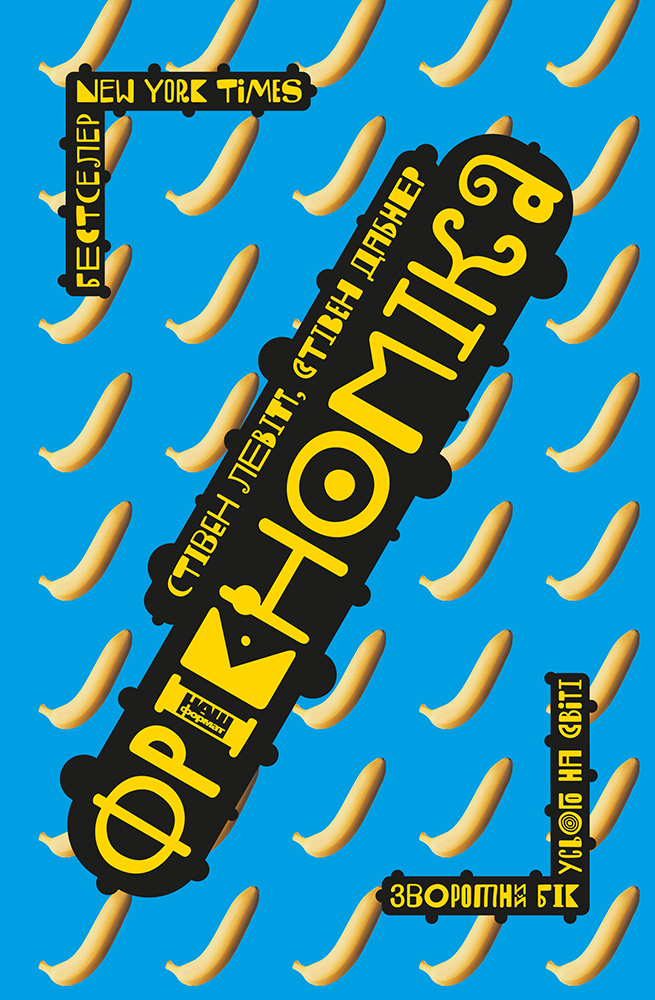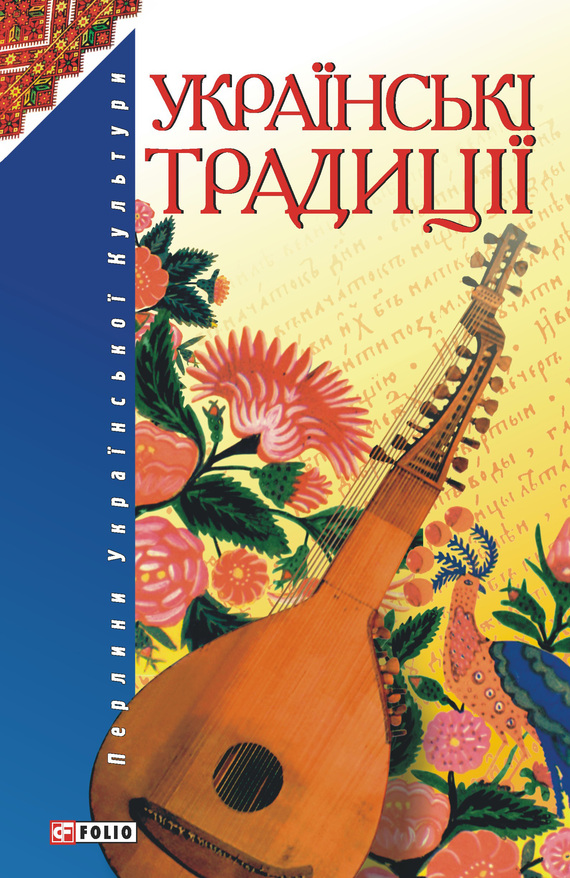Читати книгу - "Genghis Khan and the Making of the Modern World"
Шрифт:
Інтервал:
Добавити в закладку:
“Have you seen these?” she demanded angrily of Genghis Khan as she held up her withered breasts with both hands. “These are the breasts that you sucked!” She then launched into a long tirade against her son. In much the same words that she had used when he killed his half brother Begter, she accused him of acting like an animal that gnaws its own umbilical cord and chews its own afterbirth. To calm and appease her, Genghis Khan agreed to restore Khasar’s freedom and his control over some of his followers.
Soon after the fight with her son, Hoelun, who was probably in her late fifties, died. Her property should have passed, according to tradition, to her youngest son, who wanted to add it to his own, giving him control over a total of ten thousand people, more than any other family member. The shaman Teb Tengeri and his six brothers, perhaps with Genghis Khan’s implied consent, pushed Temuge Otchigen aside and seized the estate of Hoelun and her followers. When Temuge tried to get back his followers, Teb Tengeri and his brothers publicly humiliated Genghis Khan’s youngest brother by making him kneel on the ground behind Teb Tengeri’s backside and beg for his life.
Despite the repeated outcries from relatives, Genghis Khan continued to ally himself with Teb Tengeri rather than his own family. The only family member to whom Genghis Khan still seemed willing to listen was his wife Borte. She understood more clearly than her husband the danger posed by seven powerful brothers who stood firmly united and now had their own following within the Mongol nation. After hearing of the latest episode, the humiliation of his youngest brother, Borte angrily explained to Genghis Khan that by allowing Teb Tengeri so much power, Genghis Khan’s own sons were in danger. Just as she had been the one to advise Temujin to break with Jamuka back when they had combined their followers, she now demanded that he break with Teb Tengeri and his family. If Teb Tengeri could do these things to the Great Khan’s brothers while the khan still lived, she asked her husband, what would he do to the sons or widows after the khan died?
The next time Teb Tengeri appeared in court with his six brothers and their father, Monglik, Temuge Otchigin was waiting inside the ger with Genghis Khan. As soon as Teb Tengeri was seated, Temuge came up to him and grabbed him by the collar of his deel. Genghis Khan, pretending that the two men were merely about to wrestle, ordered them to take the contest outside the ger. Temuge, however, was not seeking a wrestling contest with Teb Tengeri; he was seeking punishment against him. As soon as Temuge pulled Teb Tengeri through the doorway of the ger, three men waited to grab and snap his back. Genghis Khan ordered that a small tent be erected over the dying man, and everyone deserted the area.
Teb Tengeri was the last rival Genghis Khan had to face from the steppe tribes. What he could not control he had destroyed. He had neutralized the power of his own relatives, killed the lineages of aristocrats and all rival khans, abolished the old tribes, redistributed the people and, finally, allowed the most powerful shaman on the steppe to be killed.
Genghis Khan appointed a new shaman to take Teb Tengeri’s place, but he was an older, less ambitious, and more tractable character. Genghis Khan’s followers also learned a lesson. They interpreted his victory as a sign that not only did Genghis Khan have military power but that his spiritual power was greater than that of the most powerful shaman. In the eyes of many followers, Genghis Khan had shown himself to be a powerful shaman, a belief that many Mongols have retained until today.
With all the nomadic tribes united and Genghis Khan securely ensconced as their ruler, it seemed uncertain what should happen next. He had spent so many years locked into the drama with Jamuka and Ong Khan that without them, his large tribe seemed to lack an objective or purpose. Without enemies, they lacked a reason to hold together. Genghis Khan seemed to be searching for new ones, but he found no tribe worthy of the distinction. With no other potential targets, in 1207 he sent his eldest son, twenty-eight-year-old Jochi, and his tumen on a campaign into the area the Mongols called Sibir, from which derives the modern name of Siberia, to secure the submission of the forest tribes and the reindeer herders. Jochi returned successfully with thousands of new recruits for the Mongol army, as well as tribal leaders with whom Genghis Khan negotiated a number of alliance marriages, including one with Jochi’s daughter. In addition to the people, Jochi brought back valuable tribute, including rare furs such as black sable, hunting birds, and other forest products.
Expansion into the north offered little attraction beyond furs and feathers. It was the south that captured Genghis Khan’s greatest attention with its far greater variety of manufactured goods—metal, textiles, and novelties. He received the first infusion of goods from the Uighur people who farmed the oases of the great deserts of the Taklimakan and surrounding areas in what is now Xinjiang Autonomous Region in China. Genghis Khan accepted their submission and, in the only way of making an alliance, sought to bring them into his family. He offered his daughter to the Uighur khan in marriage, thereby making him his son-in-law.
In the extension of kinship to the Siberian tribes and the Uighur, Genghis Khan was not merely making alliances between his family and their ruling families. He was accepting the entire tribe or nation into his empire as familial members, since, in the political idiom of the tribes, granting kinship to the khan was tantamount to recognizing family ties with the whole nation. In this way, the idiom of kinship
Увага!
Сайт зберігає кукі вашого браузера. Ви зможете в будь-який момент зробити закладку та продовжити читання книги «Genghis Khan and the Making of the Modern World», після закриття браузера.




